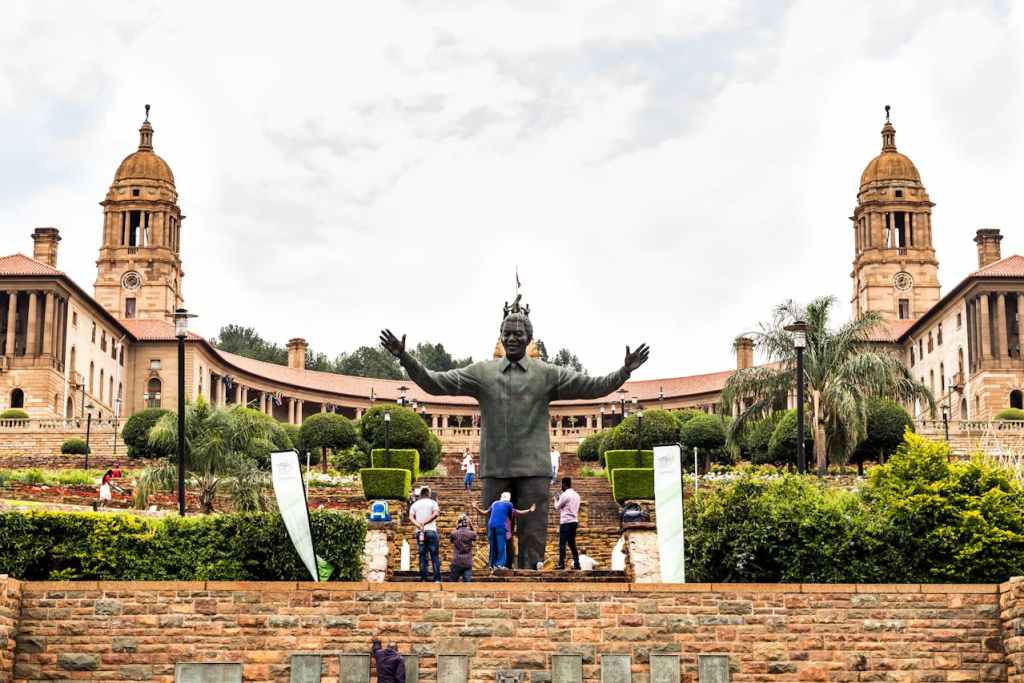In South Africa’s 2024 general election the ruling African National Congress lost its overall majority as the country fractured along regional and ethno-national political lines. The poor election performance by the ruling party was not unexpected as it came on the back of several social, economic and infrastructural crises, including rolling power outages, a hunger crisis and the fallout from the Covid-19 pandemic.
In rural areas, there has been a shift towards cultural sentiment or populism. Post-Covid, a return to customary practices and cultural identities has been a key feature of local-level strategies of recovery, coping and repair. This populist shift has been particularly evident in the rural areas.
The rise in support for the Cape Coloured Congress, the Patriotic Alliance and especially the massive swing in support away from the ANC to the MK party of Jacob Zuma, which claimed 14 per cent of the national vote, is indicative of this trend. Many Zuma supporters were based in Zulu-speaking rural areas in KwaZulu Natal.
After 30 years of democracy, there has been a re-emergence of ethnic nationalism in South Africa. The media has tended to explain the shift by focusing on the charismatic attributes of the leadership, their appeal to cultural sentiment, recourse to the language of apartheid population categories, and xenophobia to win votes.
However, there are also important factors that contributed to the cultural turn in voter behaviour, especially in the former homelands, that have less to do with charismatic leadership than with the consequences of Covid-19 and rural state formation in South Africa over the past few years.
State formation occurs through the everyday practices of governance, service delivery and power brokering at the local level rather than through constitutional imperatives and policy papers. State-making is an ever-changing set of local practices that are neither static nor enshrined. It is vital to appreciate the importance of “state effects”, what the state claimed to be during the Covid outbreak in 2020, and what it is now.
The state strives to impose its version of modernisation or change through classification, control and service delivery. Citizens review and respond, producing “state effects”. Over the past few years, the state has been attempting to tighten control and affect new classifications on the rural poor, the election results are part of the citizen’s response.
Source link : https://blogs.lse.ac.uk/africaatlse/2024/06/26/welfare-reform-and-ethnonationalism-are-fuelling-populism-in-south-africa/
Author :
Publish date : 2024-06-26 09:40:16
Copyright for syndicated content belongs to the linked Source.
